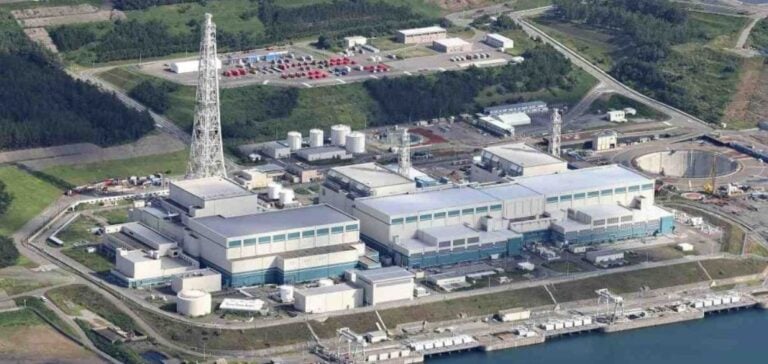The Japanese government has approved a plan to speed up the revival of the Kashiwazaki-Kariwa nuclear power plant, operated by Tokyo Electric Power Company Holdings Inc.
(Tepco).
The priority is to improve safety and address local concerns, in order to obtain the green light from Niigata Prefecture.
Since the lifting of the operating ban by the Japan Nuclear Regulatory Authority in December 2023, the government has been setting up a framework for collaboration between the Ministries of Industry, Land and the Cabinet Office with local authorities.
This framework includes concrete measures such as the improvement of evacuation routes and snow removal systems, as well as the construction of radiation-proof facilities.
These actions are aimed at reassuring the local population about the safety of the facility and demonstrating proactive management of the associated risks.
Local Dialogue and Strengthening Governance
Discussions between the government and the governor of Niigata show an approach based on consensus and transparency.
The government is also announcing a nationwide information campaign, highlighting the strategic importance of the plant to the country’s energy supply.
This initiative aims to raise awareness of the economic and safety benefits of such a revival.
At the same time, Tepco will have to establish a stronger governance framework for the plant.
This could include the integration of foreign experts and collaboration with other energy companies.
The aim is to meet the most stringent safety standards while integrating international perspectives.
Energy strategy and overcoming challenges
Faced with the need to diversify its energy mix, Japan sees the restart of its nuclear reactors as a key component of its energy policy.
The recommissioning of Kashiwazaki-Kariwa, one of the country’s main nuclear power plants, is part of this strategy.
Nevertheless, public distrust and safety issues remain at the heart of the debate.
Restarting the reactors is seen as a challenge, requiring sustained efforts in terms of communication and risk management.
The government’s policy is to restart reactors in line with enhanced safety standards, while securing the support of local authorities.
Shusaku Kichise, head of nuclear policy planning at the Ministry of Economy, Trade and Industry, says this pragmatic approach is crucial to ensuring social acceptability and stable energy supply.
Regulatory Perspectives and Market Opportunities
The Japanese authorities are striving to strike a balance between enhanced safety requirements and national energy needs.
The revival of Kashiwazaki-Kariwa could become a model for other reactors awaiting restart, illustrating the possibility of combining safety, operational efficiency and local acceptance.
Players in the energy sector, faced with regulatory uncertainties and economic pressures, are keeping a close eye on developments.
A successful relaunch could pave the way for new investment opportunities and international cooperation in Japan’s nuclear sector.






















